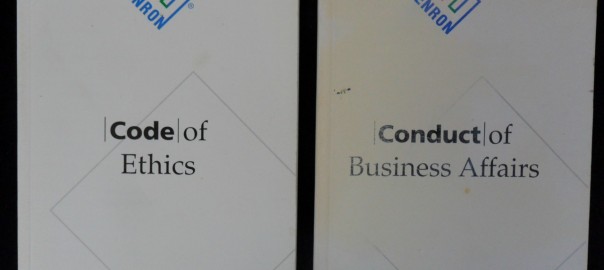Trading Away Capital Controls under Bilateral Trade Agreements

The sinister move by the US to curb the use of capital controls under the guise of just concluded bilateral trade agreements with Chile and Singapore has not received adequate attention. America’s economic predominance – and the resulting shape of the global economy – has long rested on a combination of bullying, threats and inducements, but recent US bilateral trade deals signed with Chile and Singapore hint at something entirely more sinister. This is because both agreements include strict financial conditions alongside aggressive safeguards for intellectual property which go beyond multilateral benchmarks agreed by the World Trade Organization.
The fact that Chile and Singapore have agreed to surrender the use of capital controls in return for more favorable market access should set…



